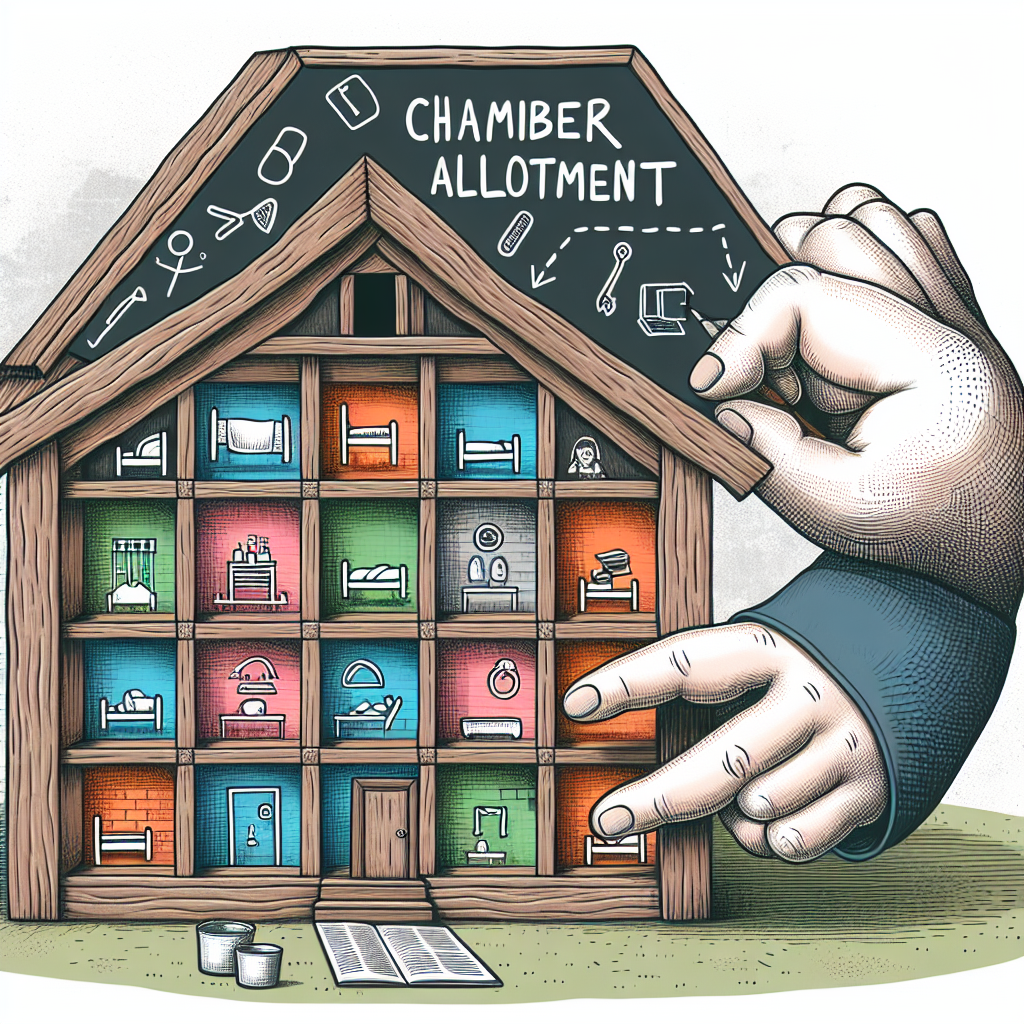Gender Equality in Courts: Merit Over Reservation
The Supreme Court noted the increasing number of women in judicial services entering on merit, not reservation. A plea sought a gender-sensitive policy for chamber allocation. The court questioned such privileges for women advocates, emphasizing merit-based achievements instead of reservations.

- Country:
- India
The Supreme Court highlighted on Monday that approximately 60 percent of the judicial officers are women who entered the judicial service based on merit rather than through reservations.
A panel comprising Justices Surya Kant and Joymalya Bagchi issued notices to relevant bodies like the Centre and Bar Council of India regarding a plea for a standard and gender-sensitive policy regarding the allocation of professional spaces to women advocates across the nation. Justice Kant remarked against the lobby for reservation, suggesting a cubicle system instead of traditional chambers.
In defending the petition for chamber reservation, advocate Sonia Mathur mentioned the Rohini court's current 10 percent reservation for women, stressing the need for gender consideration in the Bar Association's current policies. The petitioners, seasoned women lawyers, argued against their exclusion from professional spaces despite their long practice.
(With inputs from agencies.)
ALSO READ
Latur Zilla Parishad Unveils Seat Reservation Details Ahead of Elections
Uttar Pradesh Governor Advocates for India's Cultural Preservation
Telangana's Reservation Row: Congress Eyes Supreme Court for Relief
Telangana's Reservation Row: Congress Set to Challenge High Court Stay
OBC Uproar: Maharashtra's Maratha Reservation Policy Sparks Massive Protests










